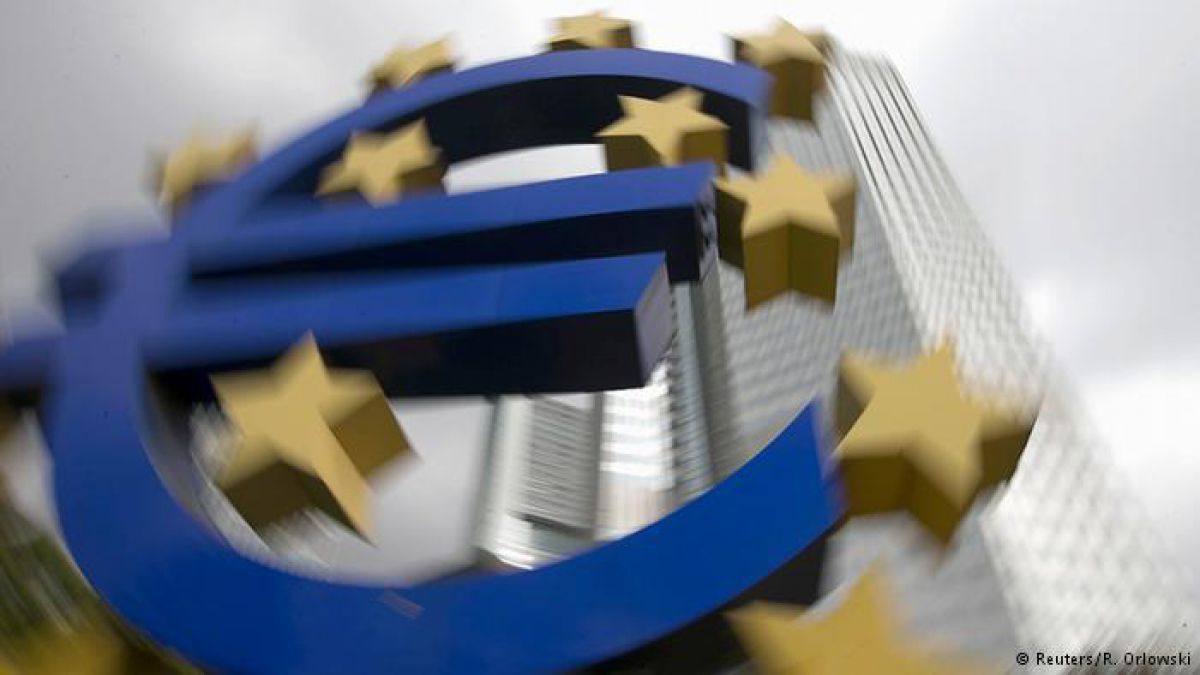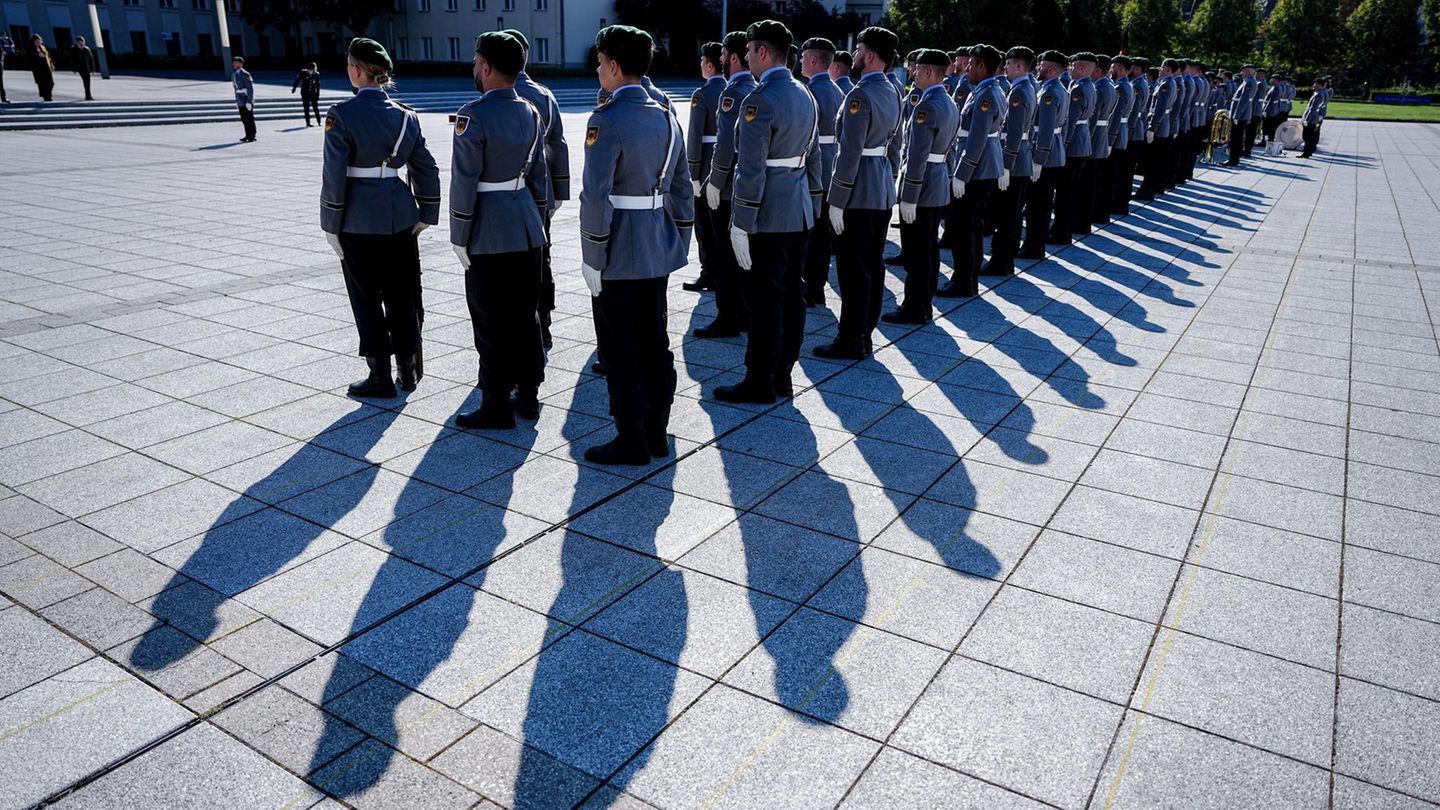Eurostat pointed out that, of the total, 4.02 percentage points came from the increase in energy prices – whose cost skyrocketed due to the Russian invasion of Ukraine – and 2.08 percentage points from the increase in the cost of food, alcohol and tobacco.
However, despite excluding these more volatile components, in what the European Central Bank calls core inflation and which it monitors closely in interest rate decisions, prices continued to rise by 5.1% year-on-year in July. The ECB’s headline inflation target is 2.0%.
Last month the bank entered a tightening cycle after years of ultra-loose monetary policy, but still prices for services, which generate more than two-thirds of euro zone GDP, rose 3.7% year-on-year in July, adding 1.6 percentage points to the final result. Industrial goods were 4.5% more expensive than 12 months earlier, adding 1.16 percentage points to the bottom line.
According to the European Central Bank (ECB), it is not ruled out that the eurozone enters a technical recession in the coming quarters. This was pointed out by Isabel Schnabel, a member of the Executive Committee of the European institution, who has referred to a new rate hike of 0.5 points. The Governor of the Bank of Latvia, Martin Kazaks, has also spoken in the same vein.
“There is a strong indication that growth is going to slow down and I wouldn’t rule out a technical recession, especially if Russia’s energy supply is further disrupted.”warned the German economist in Reuters.
Source: Ambito
David William is a talented author who has made a name for himself in the world of writing. He is a professional author who writes on a wide range of topics, from general interest to opinion news. David is currently working as a writer at 24 hours worlds where he brings his unique perspective and in-depth research to his articles, making them both informative and engaging.




